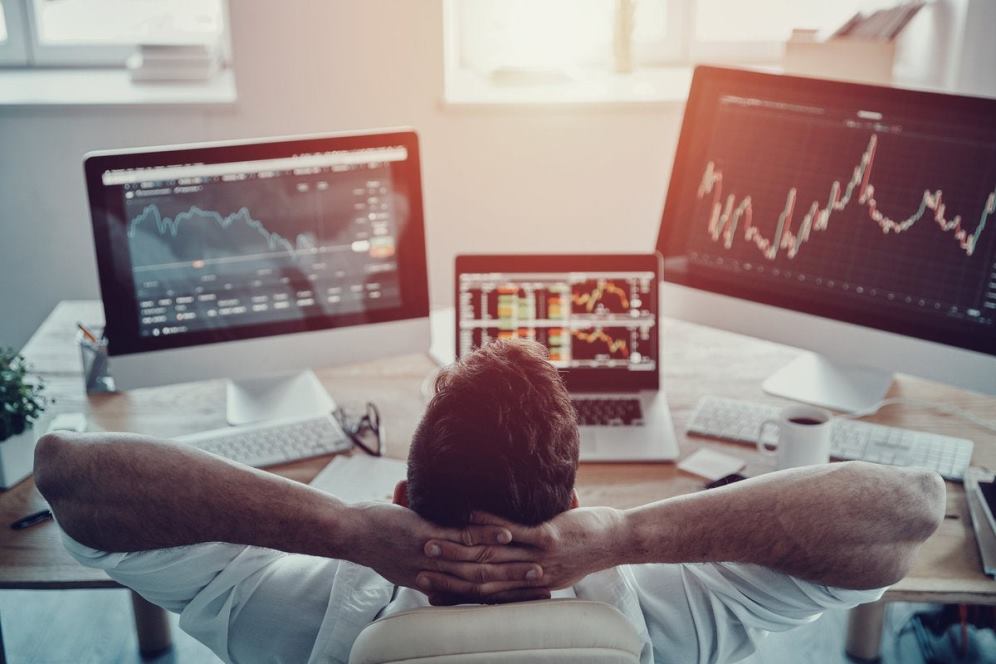Social Trading Revolution – Copying Success in the Digital Era
In the dynamic landscape of the financial markets, a revolutionary phenomenon known as social trading has emerged, transforming the way individuals engage with and benefit from the complexities of trading. This digital era has witnessed a paradigm shift, with social trading platforms becoming the nexus of investment wisdom, where novices can seamlessly replicate the success of seasoned traders with a simple click. At its core, […]
